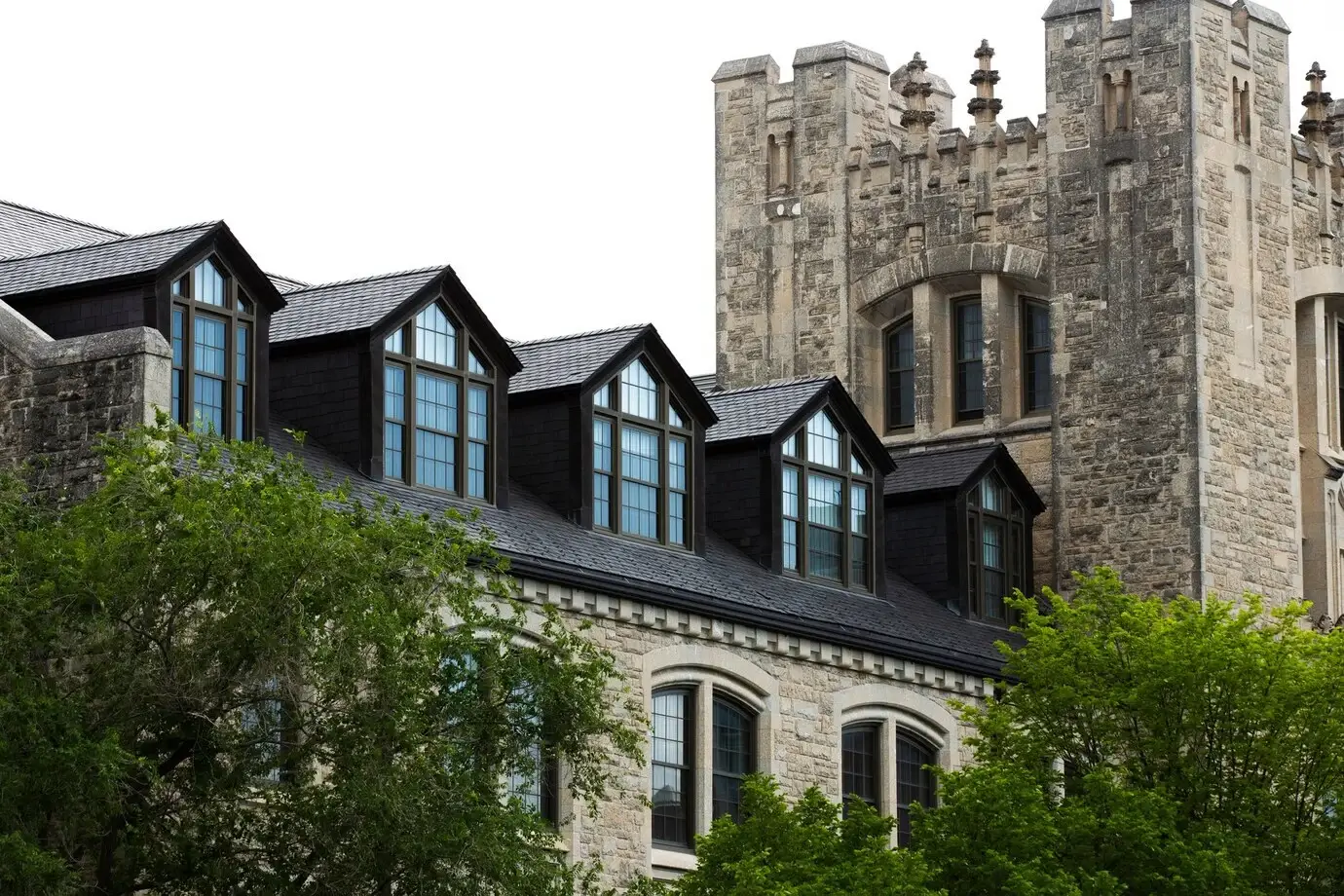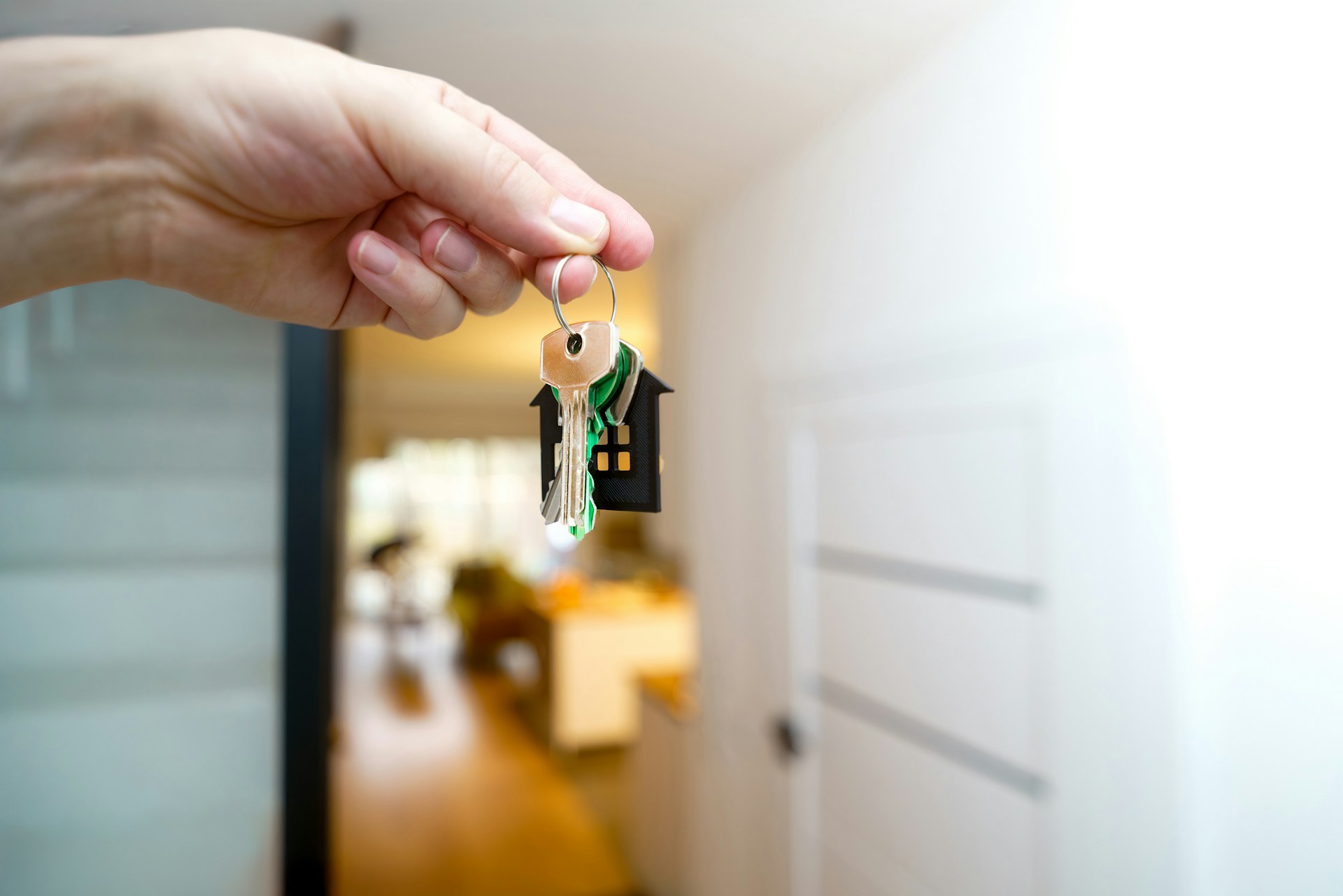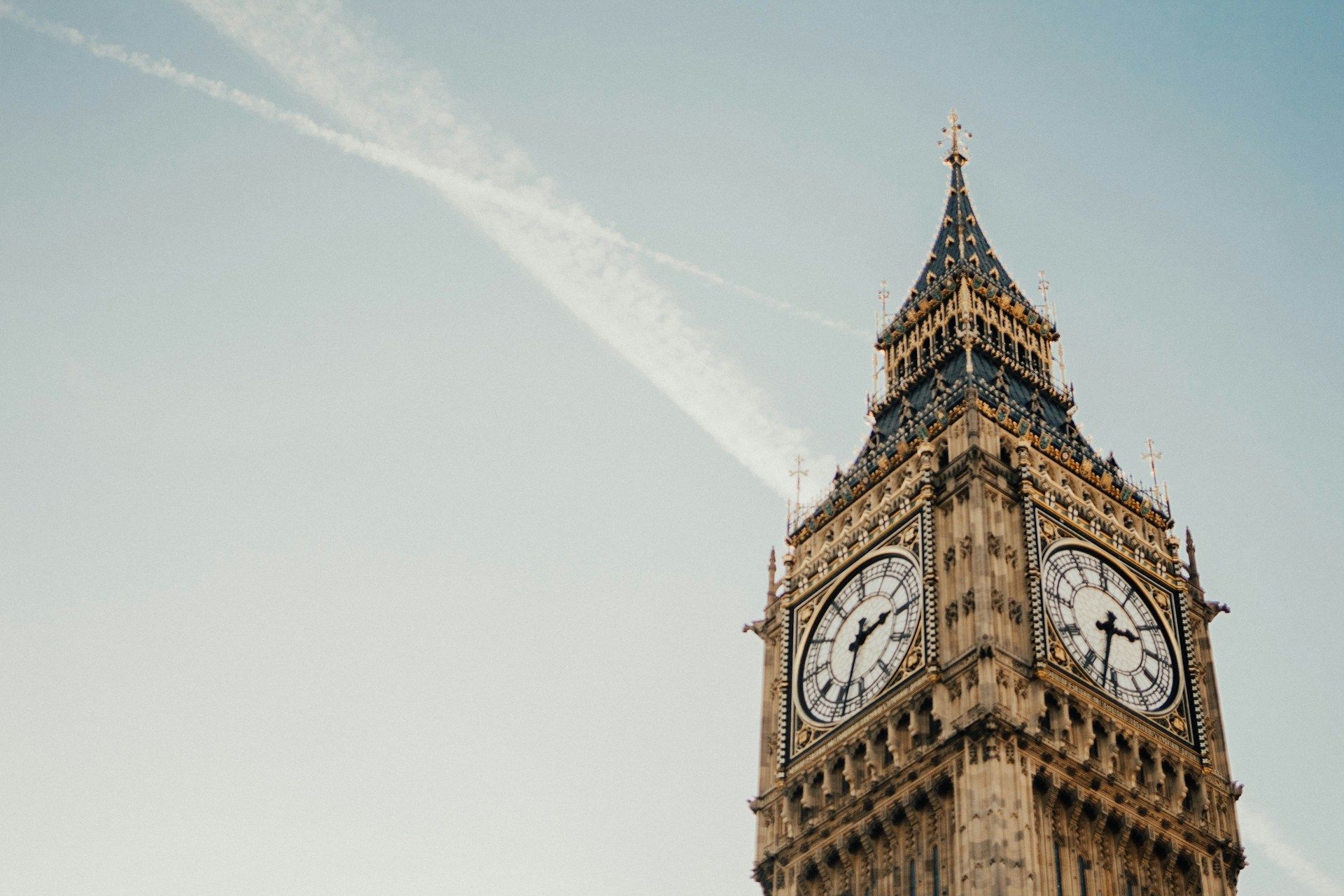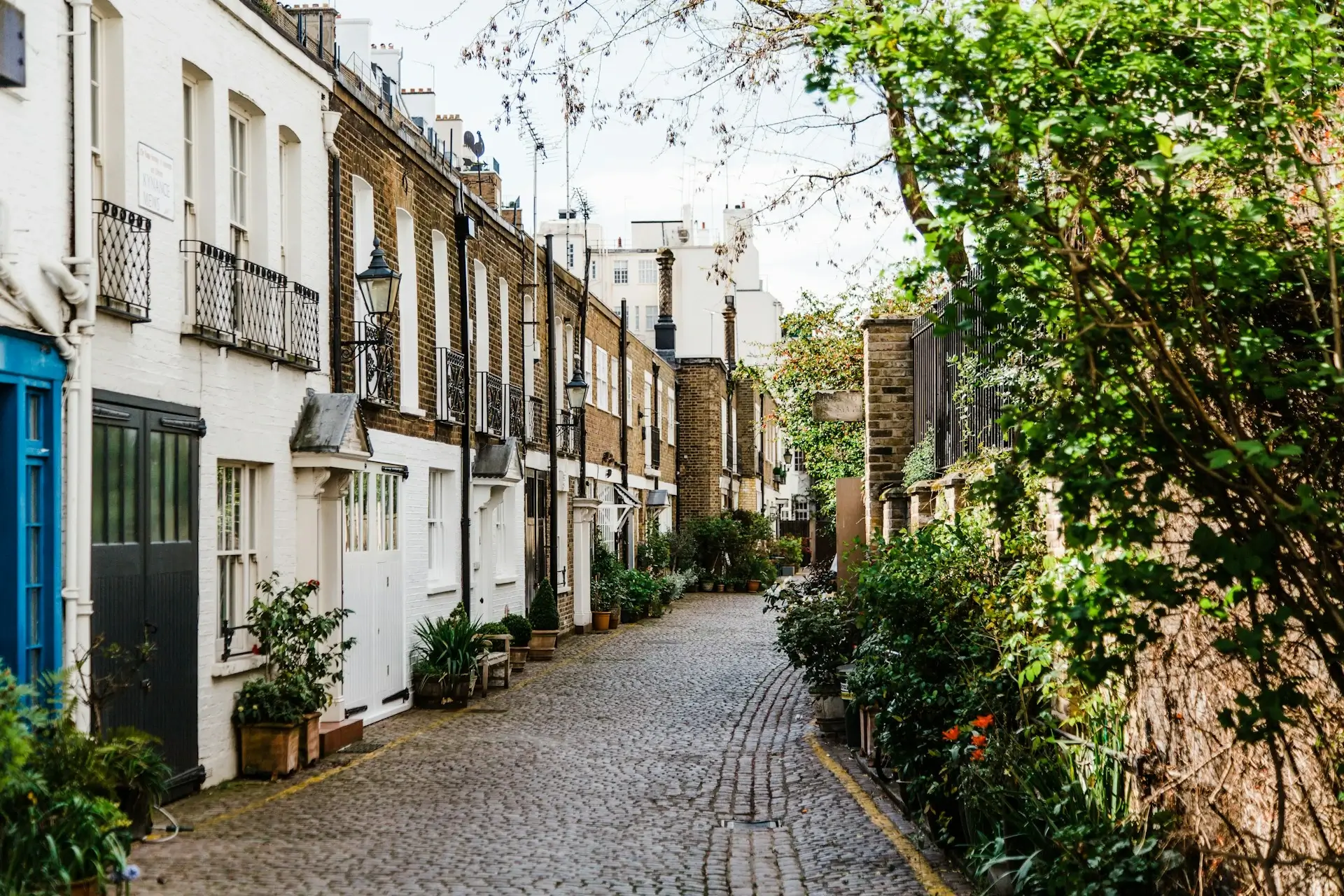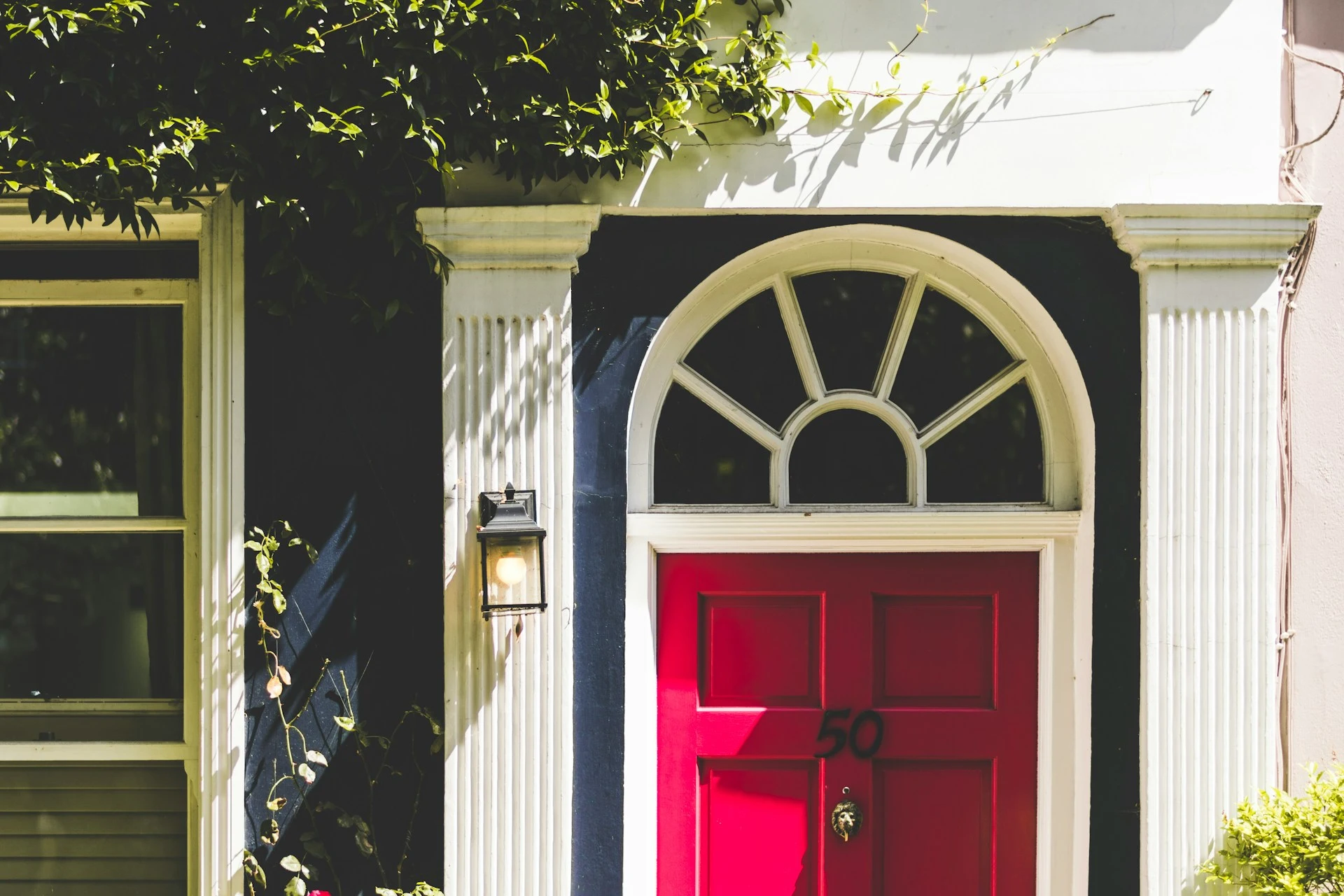Rental income appeals to many, especially those who want to earn extra income. However, a question arises: How long after buying a house can you rent it out in the UK? Although renting out a new property is common, it involves specific considerations such as first-time buyer mortgage terms, property types, and legal obligations.
This article will provide a comprehensive guide on renting out a house, whether you are a first-time home buyer or still paying the mortgage. Now, let’s look closer at turning your home into a rental house.

Can You Rent Out Your Home Immediately After Buying It?
As a property owner, you may want to rent it out for several reasons. These include:
- To earn potential rental income
- To generate income when plans change to improve the financial situation
- To cover costs when you can’t move in right away
- To earn money while moving elsewhere for a while
- To hold the property while waiting to sell later
- To make money without living there, in addition to your current income
- To invest in property for rental purposes
- To build long-term wealth through rental income
- To use inheritance for buying and renting
- To keep an old home while renting a new one
Considering the reasons stated above, is it possible to rent out your home immediately after buying it? Well, you can rent out your newly purchased home, but it depends on several factors, including mortgage terms, property types, and legal requirements. Now, let’s delve into these.
Mortgage Considerations
Even if your house is still under a mortgage, you can still rent it out. However, you must know that the process is more complicated compared to a mortgage-free house. To streamline, you need to consider the type of mortgage you have.
- A residential mortgage: It is a loan you take out to buy a home you plan to live in. After borrowing the money from a mortgage lender or bank, typically with a 5% deposit, you usually pay it back with interest.
- Buy-to-let mortgage: It is a special type of loan used when you are buying a property to rent it out, not to live in it yourself. You need to pay a larger deposit, typically around 25%,
Interest rates are often higher than standard residential mortgages
Consent to Let
Consent to Let is a written agreement between you and your lender. If you have a residential property mortgage, you must get permission from your mortgage provider before renting it out. Most lenders agree that renting out your mortgaged home:
- If you have had the mortgage for a while (typically at least 6 months)
- Have at least 25% equity,
- Meet their minimum income requirements.
This is called “Consent to Let”. In this process, the mortgage provider may charge a fee or increase your interest rate. It generally takes a specific amount of time until you pay your fixed mortgage rate. Thereby, you can rent out your property for a limited period.
Buy-To-Let Property
As a second option, your lender may require you to remortgage to a buy-to-let property. This is more common if:
- You are not planning to move back in
- “Consent to Let” has expired
- You may need to meet new conditions like a higher deposit or minimum income.
Your lender will then check:
- How much of your home you own, and whether the rent you expect to earn is enough to cover the mortgage (Must be at least 125% of the mortgage payment).
- If you have never been a landlord or had a buy-to-let mortgage before.
Switching from a residential to a buy-to-let mortgage usually comes with extra costs like a larger deposit (at least 25%), valuation fees, furnishing costs, insurance, and maintenance. These can vary. Therefore, it is best to speak with a mortgage advisor.
Freehold vs Leasehold Implications
In the UK, two common types of property stand out: Freehold and Leasehold. Well, what is the difference then? Freehold properties give you the right to own the property and the land it is on. This provides you with the responsibility of maintenance and repairs, as there is no limit on ownership. Thereby, you usually do not need a lender’s consent to rent your property out.
On the contrary, you own the property for a fixed number of years, but not the land in leasehold properties. Besides, the limited ownership makes you pay ground rent and service charges to the freeholder. Therefore, you may need to obtain consent for major changes. Moreover, your lease may involve permission, fees, and restrictions.
Legal and Tax Responsibilities When Becoming a Landlord
As a landlord in the UK, you have legal and financial responsibilities to ensure your rental property is safe, well-maintained, and compliant with relevant regulations. These responsibilities include:
- Keeping the property safe and in good condition.
- Making sure gas and electrical equipment is installed and checked properly.
- Installing and testing smoke and carbon monoxide alarms.
- Following fire safety rules, especially in flats or shared buildings.
- Providing an Energy Performance Certificate (EPC).
- Giving the “How to Rent” checklist (this can be emailed).
- Protecting tenants’ deposits in a government-approved scheme.
- Providing Housing Health and Safety Rating System (HHSRS) and landlord insurance.
- Checking out if the tenant has the right to rent a house in the UK.
- Paying taxes on your rental income.
- Getting your lender’s permission to rent out the property if you have a mortgage.
Note that the rules may change in Scotland and Northern Ireland. So, check it out before you make your decision.
How Long Should You Wait, Practically Speaking?
In the UK, after buying a house, the maximum length before renting it out depends on several factors. First, you should ask your lender about the rental property if you have a mortgage. During this process, some lenders require you to wait at least six months before renting. Besides, you may need to switch to a buy-to-let mortgage if you are planning to rent your property for a longer period.
Second, you need to be sure that your property is in good condition and that you meet the necessary legal requirements. If you miss this step, you may face legal penalties.
Third step includes checking out your lease if you have a leasehold property. Some leases have restrictions. Therefore, you might need to ask permission from the freeholder.
Then comes rental considerations. Consider how rental income will impact your taxes. Renting out right away may affect your tax payments. Besides, you must inform HMRC of any rental income from the beginning of your ownership.
Lastly, if you are planning to rent out because of market conditions, consider how soon the local rental market is expected to meet your financial goals. Waiting for more favorable conditions might be worthwhile.
Can You Rent Out a Help-to-Buy or Shared Ownership Property?
If you have purchased a home through the “Help-to-Buy” or “Shared Ownership” schemes, you might be wondering whether it is possible to rent it out. Before starting, let’s explain what each scheme is.
The Help to Buy scheme was a government initiative that helped first-time buyers purchase a home with just a 5% deposit. The government provided an equity loan of up to 20% (or 40% in London). Then, the buyer got a mortgage for the rest. It ended for new applicants in 2023, but many people still live in “Help-to-Buy” homes.
Shared ownership, on the other hand, lets you buy a portion of a property (usually 25% to 75%). You can pay rent on the remaining share to a housing association. Over time, you can increase your ownership, which is called staircasing.
Taking these into consideration, you cannot rent out these houses in most cases. In “Help-to-Buy” homes, the rules state you must live in the property as your main home. Thus, renting it out means breaking the terms of your equity loan and mortgage agreement. On the contrary, you can rent your “shared ownership” house if you staircase to full ownership on condition that you get permission.
What Happens If You Rent Without Obtaining Consent?
If you rent out your property in the UK without the necessary permission, there can be serious consequences and greater risks. Let’s look at these.
If you have a residential mortgage and rent without getting “Consent to let” from your lender, you may face:
- The demand for immediate mortgage repayment
- Penalty fees or a higher interest rate
- Refusals for future mortgage applications
If you violate lease terms, you may experience:
- Legal action from the freeholder
- A demand to stop renting immediately
- In severe cases, they could attempt to reclaim the lease
If your schemes prohibit you from renting your house out, such as “Help-to-Buy” or shared ownership, you may:
- Break the terms of the equity loan or lease
- Be required to repay the government loan
- Face with eviction from a housing association property.
Conclusion
Turning your newly purchased home into a rental can be a challenging adventure, especially if you are a first-time buyer renting. However, if you understand the legal considerations and your main responsibilities through professional advice, the process becomes easier. Start by considering your mortgage terms, ownership structure, and lastly, your legal obligations. Thus, you can make a better decision that will comply with the UK regulations.
FAQs on Renting a House in the UK
Renting out a house in the UK can be profitable, especially in high-demand areas. However, it depends on rental yield, property location, and extra costs.
Yes, they can both rent and buy property in the UK. However, they must meet legal requirements like proving their right to rent.
No, you must inform your lender if you plan to rent out a mortgaged property. If you do not, you may breach your mortgage agreement and result in penalties or legal action.
Yes, consulting a legal or financial advisor is strongly recommended. They can guide you through tax obligations, legal responsibilities, and mortgage considerations.
You can calculate potential rental income by researching similar properties in your area, then writing down expected costs like mortgage payments, insurance, and maintenance.
